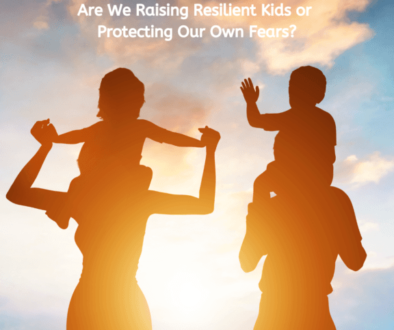Why Universities Value Teenagers Who Can Keep Their Cool: A Closer Look at Human Character in Admissions
Our hectic modern world has made some institutions of higher learning like certain universities to start considering student characteristics other than just academic performance. One such characteristic they look for in teens is their ability to maintain composure during trying circumstances. The new focus on “personal qualities in admissions” indicates a shift in way schools assess a scholar’s potentiality. Let us explore this renaissance with some real life scenarios and explain what makes other candidates remarkable.

The Need of Change – Human Character as Admission Criteria:
There is a noticeable trend where selected universities especially found within the United States, United Kingdom, Canada and Australia have started considering emotional strength and mental wellbeing among other criteria when choosing students to admit into their institutions for training purposes. For instance, Stanford University now requests that its applicants provide stories which illustrate their capability of overcoming difficulties.
Global Examples – Human Character as Emotional Resilience in Universities:
At the University of Oxford in the UK there are questions in admission interviews focusing on a candidate’s reactions to challenges. Likewise, students who demonstrate personal growth stemming from adverse challenges are sought after by the University of Toronto, Canada. This is because they believe that if one can face difficulties with a calm mind then he/she is likely to be successful in life. In this direction also goes the Australian National University asking about applicants´ way of coping with problems and support systems when they are experiencing hard times.
The Power of Parental Support and Environment to build Human Character
Usually, a solid supporting structure is what makes most successful teenagers keep peace of mind. Therefore, parents have important functions in nurturing the environment for their children where they can freely articulate emotions and request for assistance.
For instance, an applicant could outline how her parents motivated her to take up a leisure activity that helped relieve stress or how they provided support during anxiety provoking periods of studies. Such backward assistance is an essential factor on which students develop psychological stability and emotional endurance; hence, they appear distinctive in the recruitment process.
Conclusion:
As the need for academic and extracurricular activities would increase in a world where they are high, universities sought candidates with strong character traits that support the preservation of tranquillity. Schools like Stanford, Oxford, Toronto, and ANU are at the forefront of appreciating this quality. During the preparation of their applications, it is prudent for scholars to contemplate on their personal growth stories and what helped them prosper. Eventually, remaining composed under stress is not just an ability for college but an ability needed in other facets of life which results in achievement over time.
My specialization as an educational consultant is to help candidates create profiles that focus on uncommon strengths. Such strengths include the ability to be calm even in adverse situations. Consequently, I partner with students so as to help them write interesting and impressive stories that display their resilience and emotional intelligence through individual guidance.
Moreover, I empower families by giving them ways of establishing uplifting surroundings for growth and also emotional stability. By closely working with both the student and parent, I make sure that every candidate has what it takes in terms of showing what universities are looking for thereby increasing their chances of getting admitted to the best institutions of learning globally.
Satyam Khanna


